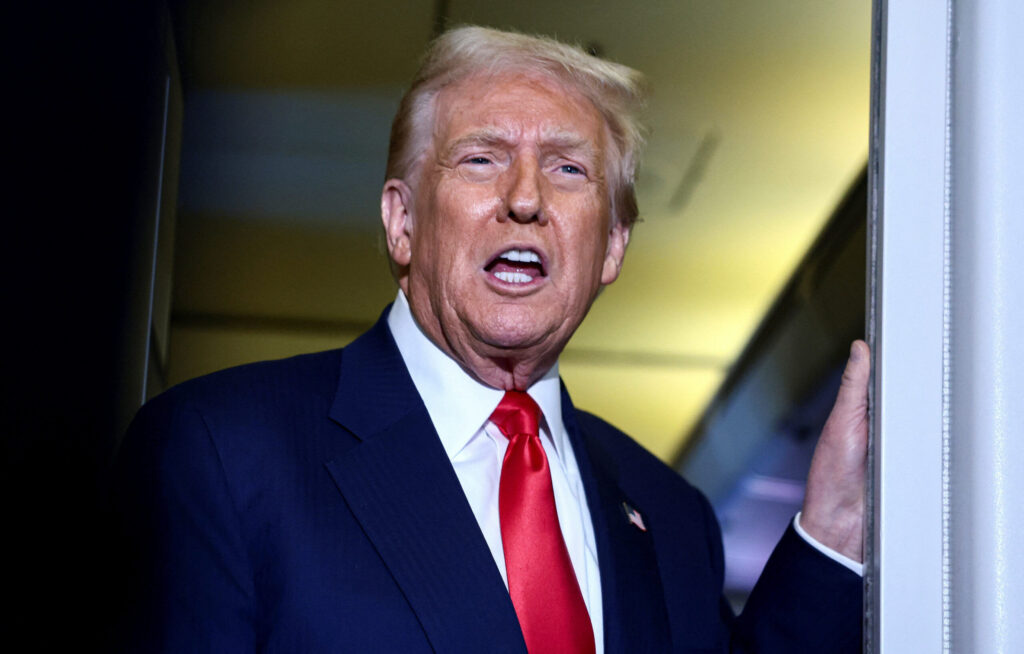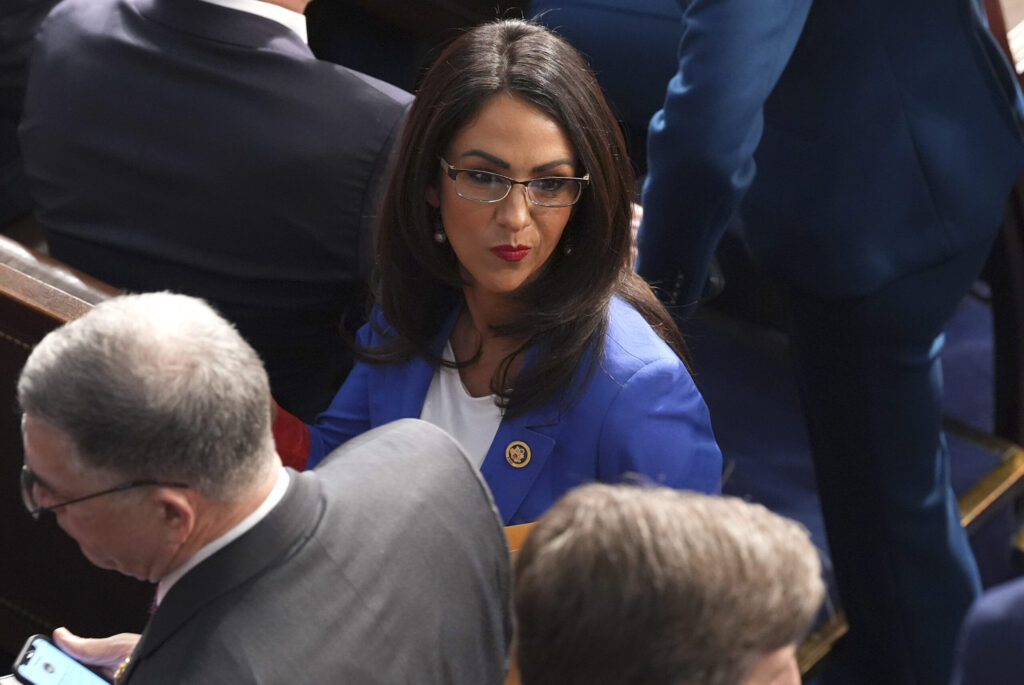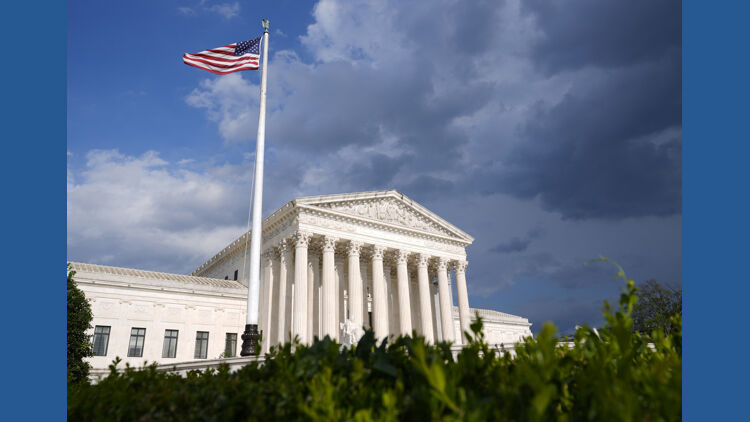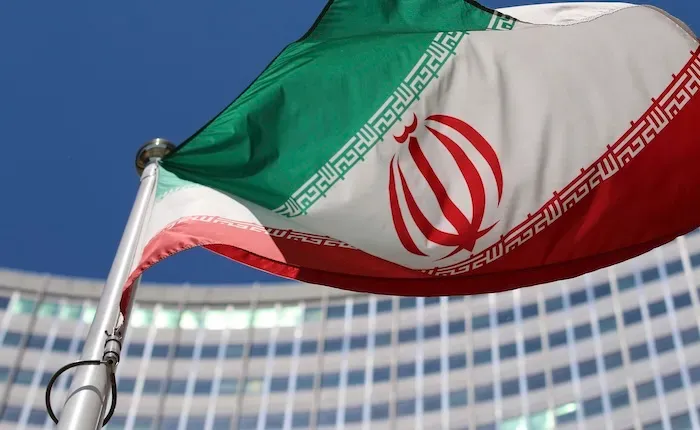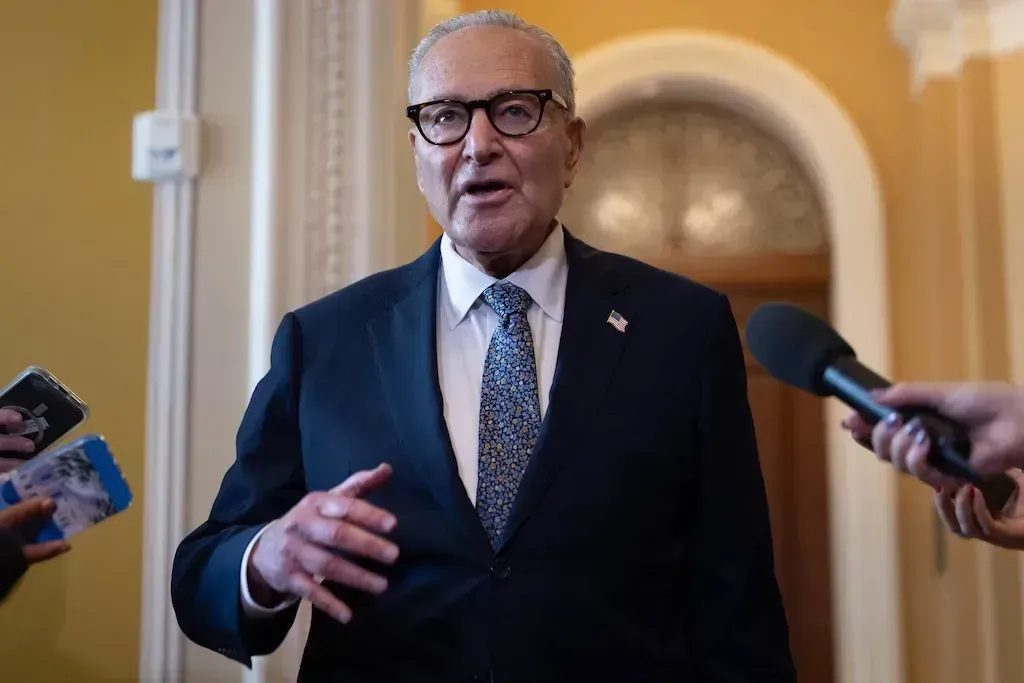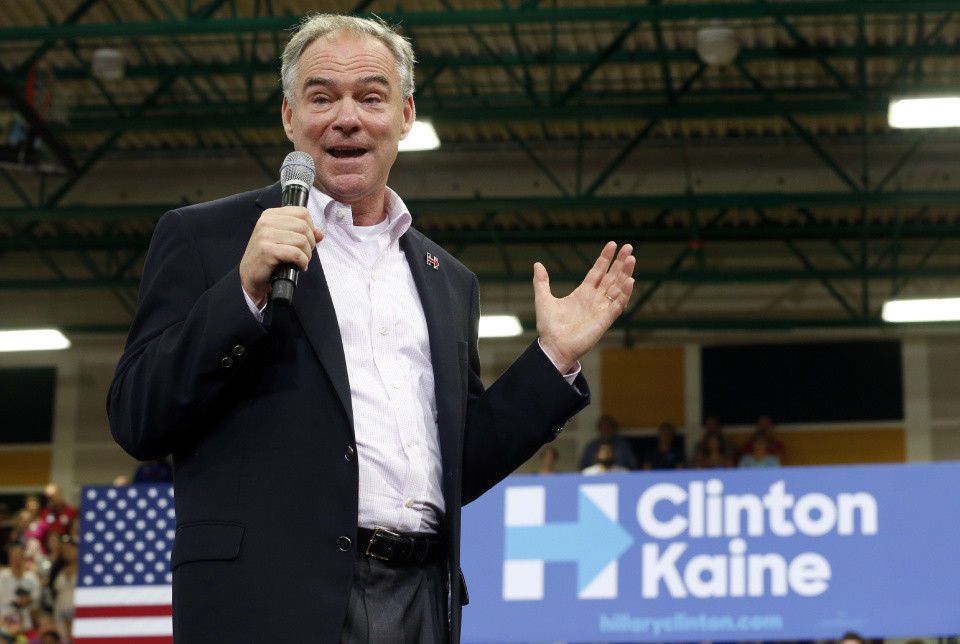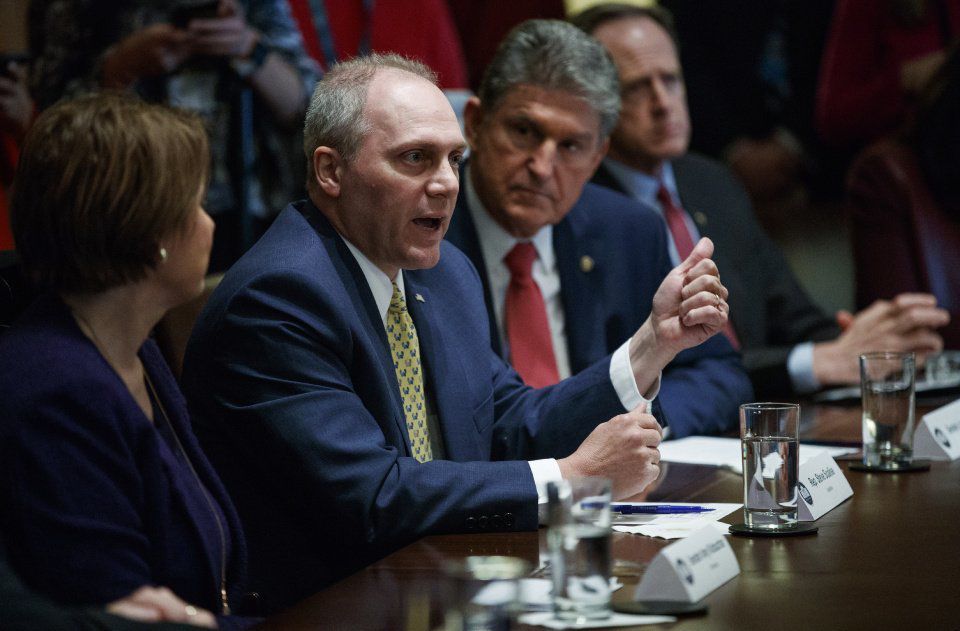Denver Clerk: Mayor aims to ‘raid’ budgets of city’s independent agencies to plug $250M deficit
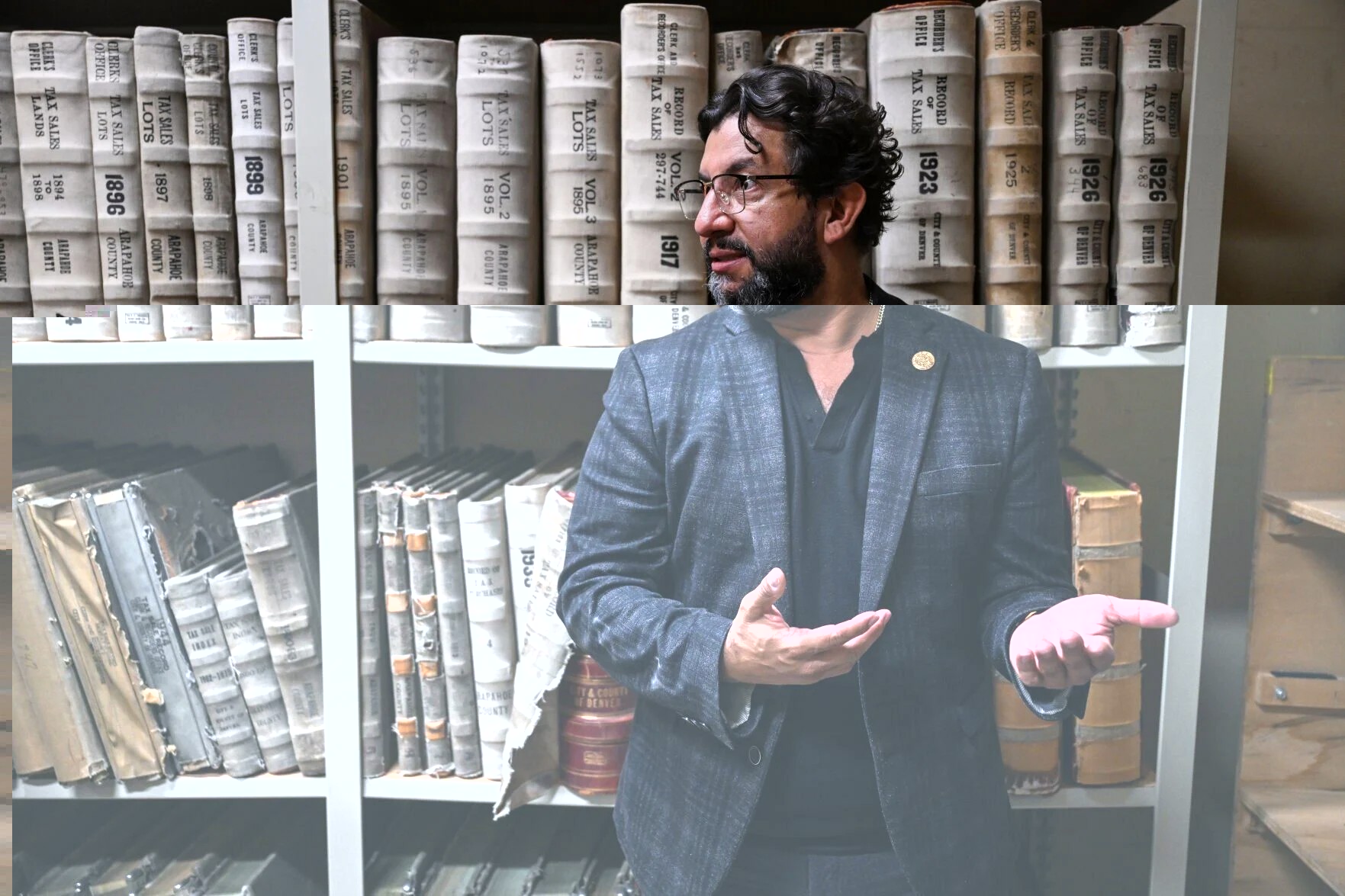
Denver Clerk and Recorder Paul López earlier asked the “Vibrant Denver Bond” committee for $43 million for new storage space to secure the city’s election equipment and historical documents, some dating as far back as the 1800s.
What he got from Mayor Mike Johnston was an order to slash $4 million from the department’s budget.
During a July 28 Denver City Council meeting, District 7 Councilwoman Flor Alvidrez had sought an amendment to include the elections facility proposal in the $950 million bond package, which will go to voters this November.
The amendment failed.
Lòpez told The Denver Gazette that, in his 18-year career as a Denver elected official, “this is the first time, and the only time, the mayor has actually tried to raid independent agencies’ budget.”
The Johnston administration has been scrambling to solve the city’s looming $250 million budget shortfall, which many anticipate to lead to cuts to operational budgets and layoffs.
Budgets for other independent agencies, such as the city auditor, are also on the chopping block.
The Denver Gazette reached out to the Office of the City Auditor for comment; the office did not immediately reply to the query.
The 2025 budget for the Office of the Clerk and Recorder is $14.8 million, which covers the cost of staff, operations and the upcoming coordinated election on Nov. 4.
López said his office understands the need to address the budget deficit and has already “given back” more than $900,000 in savings this year alone through furloughs, not filling vacant positions, and other cost-cutting measures, such as limiting travel and discretionary spending.
During a recent conversation with the mayor, López said Johnston criticized him, saying the Clerk and Recorder’s Office had “the highest increase in budget in any department of the city right now, and when I’m asking people to cut, you’re growing.”
“Each agency has a role to play in addressing the budget gap. No agency is exempt from the difficult choices we must make to put the city on a stronger financial footing,” said Johnston spokesperson Jordan Fuja, who added that the city is still working through budgets for every agency and numbers are not yet final.
Election budgets ebb and flow with the type and number of elections in a particular year, with some years requiring more funding than others.
In 2026, Denver will have both a primary and a midterm election — significant elections with implications for various levels of government.
“Our required budget to run the office and these elections next year is $18.7 million,” López spokesperson Mikayla Ortega said.
Under Johnston’s cuts, Ortega said the Clerk and Recorder’s Office would only see $14.1 million to conduct the two “high-turnout” elections — an amount that is $700,000 less than the 2025 budget.
What really makes López scratch his head, he said, is not what’s missing from his budget spreadsheet but what’s in the Denver City Charter.
López said he saw the “Vibrant Denver” bond as a way to not only fund the new storage facility, but to remedy many of the ills his office has encountered over the years.
“The backdoor decision to intentionally exclude this proposal from the bond package not only puts the Council in a precarious position with the City Charter and a mismanaged budget, but also threatens our ability to continue running secure and accessible elections — especially with critical contests just around the corner,” López said in a statement after the failed amendment.
Along with establishing the Office of the Clerk and Recorder as an independent agency, Section 8.1.2 (A) of the City Charter mandates its sufficient funding:
“The Council shall appropriate sufficient funds to the Clerk and Recorder to enable the Clerk and Recorder to fulfill any duty or meet any requirement or obligation imposed by state law upon a county clerk and recorder, including, by way of example, any duty to record deeds and other instruments affecting title to real property in a timely and efficient manner.”
So, how will a $4 million cut to the elections budget impact Denver?
“It decimates what we do — I can’t even think of a stronger word than that,” López said. “What this does is it will create a scenario that would potentially see us closing vote centers, closing (ballot) boxes, going backwards in time in terms of elections access and voter access to the polls.”
Because a bipartisan team oversees every move a ballot makes within the system, López said a significant decrease in resources next year will create lines (to vote), reduce the number of ballot drop-off boxes and vote centers to a bare minimum, and could result in backlogs and potential election result delays.
It means losing people, equipment and in some cases, not fulfilling security mandates, he said.
Denver hasn’t seen lines to vote in almost two decades — since 2006, when the Clerk and Recorder was an appointed position.
Lines and the loss of ballot boxes and vote centers could mean a smaller voter turnout, the election official said.
“Now is not the time, in 2026, when we’re facing what’s perhaps another pivotal election with the world watching, to slash election budgets,” López said, calling Johnston’s proposed $4 million cut a “slap in the face.”
Fuja, the mayor’s spokesperson, said election security is a “critical part of Denver’s responsibility to our residents, and we are committed to working with Clerk Lopez to ensure our elections are safe and secure.”
She added: “As we have made clear for months, the city is facing a significant budget gap due to national economic uncertainty. Our top priority is to continue to deliver high-quality public services to our residents, and we are working with every department to reduce costs without sacrificing the services our residents deserve.”





